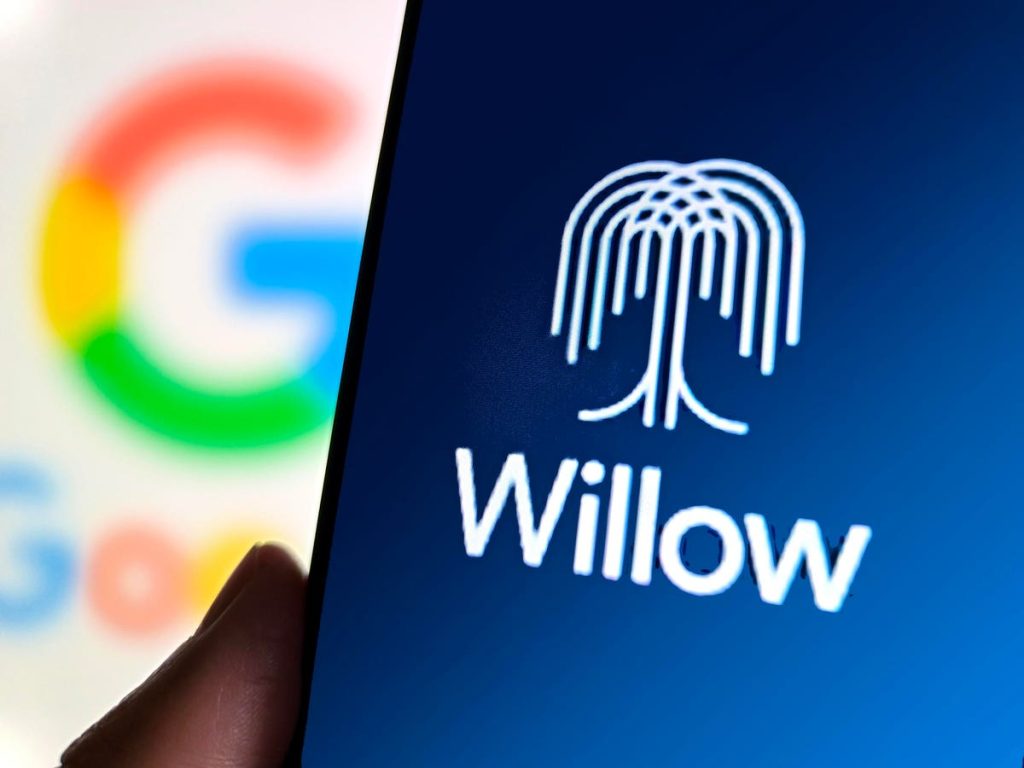IonQ Inc., a quantum computing company listed on the New York Stock Exchange, has witnessed a remarkable surge in its stock price, soaring by 500% over the past six months. This impressive growth reflects the burgeoning interest and investment in the field of quantum computing, a revolutionary technology poised to transform various industries. IonQ operates within this exciting realm, offering access to a range of quantum computers with varying qubit counts, the fundamental units of quantum information. Unlike classical computers that rely on bits representing 0 or 1, quantum computers leverage qubits, which can exist in multiple states simultaneously through the principles of superposition and entanglement. This unique capability allows quantum computers to tackle complex computations and process vast datasets far exceeding the capacity of conventional computers.
The potential applications of quantum computing span a diverse range of fields, including financial modeling, drug discovery, and materials science. However, the technology is still in its nascent stages and faces significant challenges, particularly concerning scalability and error correction. As quantum systems grow in complexity with higher qubit counts, the likelihood of errors increases, hindering the development of larger, more powerful quantum computers. Investing in individual quantum computing stocks like IonQ presents inherent risks due to the volatility associated with emerging technologies. Diversification through portfolios focused on high-quality stocks can offer a more stable approach to capturing potential upside while mitigating volatility.
Several factors have contributed to the recent surge in quantum computing stocks, including IonQ. Notable advancements like Google’s Willow chip and Amazon’s Quantum Embark have fueled investor enthusiasm, signaling progress in the field. Additionally, substantial government funding of $2.7 billion dedicated to quantum computing research and development further reinforces the sector’s perceived potential. IonQ’s primary revenue stream derives from its Quantum Computing as a Service (QCaaS) offerings, providing access to its quantum computers through cloud platforms. The company utilizes trapped ions as its qubits, employing ionized ytterbium atoms held in place by specialized chips.
IonQ’s current product portfolio includes IonQ Forte, a 36-qubit quantum computer designed for commercial and research applications, and Aria, a 25-qubit cloud-accessible quantum computer. The company also offers an enterprise version of Forte and plans to launch Tempo, a high-fidelity quantum computer targeting large businesses and government agencies. While the promise of quantum computing is immense, it’s crucial to recognize that the technology is still under development. Widespread practical implementation across industries remains a future prospect. IonQ’s current revenue base is relatively small, and like many other quantum computing companies, it operates at a loss. Investing in IonQ involves betting on the long-term potential of quantum computing and the company’s ability to establish a leading position in the market.
IonQ’s financial performance reflects the challenges inherent in developing cutting-edge technology. The company reported an operating loss of $209 million in the last twelve months, underscoring the significant investment required to advance quantum computing. Despite these losses, IonQ benefits from offering high-fidelity quantum computing services accessible through Amazon Braket and boasts a roster of large clients, including Hyundai, Airbus, and Dow. As quantum computing technology matures, accuracy and fidelity are expected to improve across the industry. Currently, Rigetti Computing’s Ankaa-3 holds the highest fidelity rate at 99.5%, highlighting the competitive landscape within the quantum computing space.
Historically, IonQ’s stock has exhibited significant volatility compared to broader market indices. The stock experienced a 55% gain in 2021, followed by a sharp decline of 79% in 2022, and a substantial rebound of 259% in 2023. This fluctuating performance underscores the inherent risks associated with investing in nascent technologies. Diversified portfolios, such as the Trefis High Quality Portfolio, offer a less volatile alternative. This portfolio, comprising 30 stocks, has consistently outperformed the S&P 500 over the same period, demonstrating the potential for higher returns with reduced risk through a diversified investment approach. The Trefis High Quality Portfolio exemplifies the benefits of investing in a collection of established companies with strong fundamentals, offering a smoother ride compared to the often-turbulent trajectory of individual stocks in emerging sectors like quantum computing.

